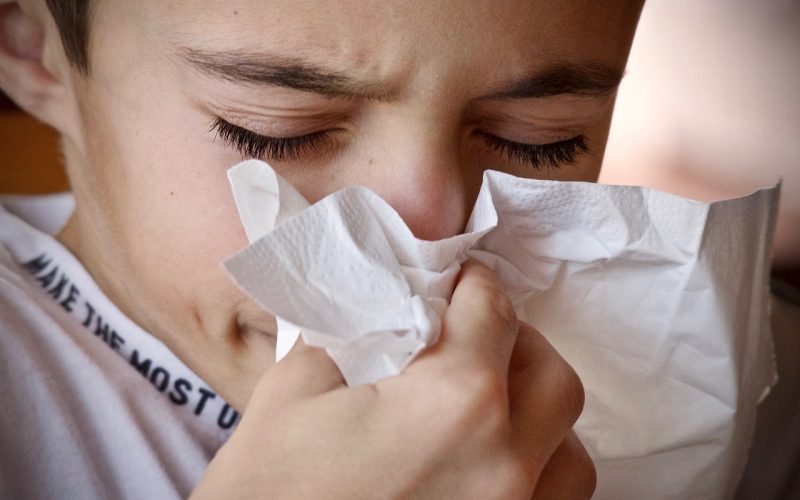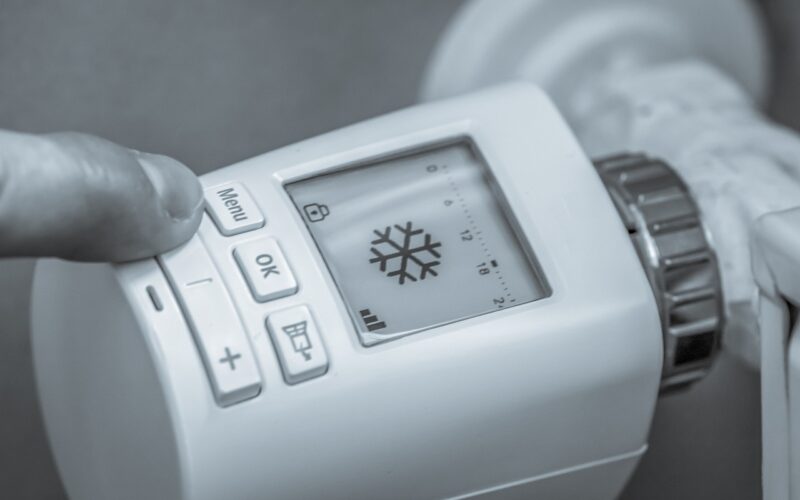Allergies are a common concern affecting millions of people worldwide. While medication can provide relief from symptoms, taking proactive measures in the home environment can significantly reduce exposure to allergens.
Control dust mites
Dust mites are tiny creatures that thrive in warm and humid environments. They are a common allergen found in homes, especially in bedding, upholstery, and carpets. To reduce dust mite exposure, wash your bedding weekly in hot water. It's also advisable to use allergen-proof mattress and pillow covers, which act as a barrier against these microscopic invaders. Regular vacuuming with a HEPA (High-Efficiency Particulate Air) filter vacuum cleaner also helps in keeping dust mites at bay.
Invest in effective carpet cleaning
Investing in the proper care of your carpets is an investment in the health and comfort of your home. While regular vacuuming is a good first step, it often only scratches the surface, leaving behind embedded dirt and allergens. Using a domestic carpet cleaner Liverpool can provide a deeper clean for day-to-day maintenance, but for long-term results, nothing compares to a professional service. Making effective Liverpool carpet cleaning a priority not only preserves the appearance and texture of your flooring but also plays a vital role in maintaining a fresh and hygienic living environment.
To truly protect your investment and ensure the deepest possible clean, it's wise to engage expert carpet cleaners Liverpool. These professionals use industrial-grade equipment and advanced techniques that go far beyond the capabilities of consumer-grade machines. They can effectively remove stubborn stains, eliminate odours, and extract deep-seated pollutants that contribute to poor indoor air quality. By scheduling regular appointments, you ensure your carpets are not just visibly clean but hygienically clean, extending their lifespan and creating a healthier space for you and your family.
Minimise pet allergens
Pets are beloved family members, but they can also be a source of allergens. Pet dander, saliva, and urine can trigger allergic reactions. To minimise these allergens, regularly groom and bathe your pets to reduce shedding. Create pet-free zones, especially in bedrooms, to ensure a space where you can breathe easily. Additionally, washing pet bedding frequently and using an air purifier can greatly contribute to minimising airborne pet allergens.
Optimise indoor air quality
Improving indoor air quality is crucial in combating allergies. Using a high-quality air purifier with a HEPA filter can capture airborne particles such as dust, pollen, and pet dander. It's important to regularly replace or clean air filters in HVAC systems to ensure they work efficiently. Ventilating your home by opening windows when weather permits can also help in diluting indoor allergens, making the air fresher and easier to breathe.
Control mould and moisture levels
Mould thrives in damp environments and can be a significant allergen for many individuals. To keep mould at bay, focus on controlling moisture levels in your home. Use dehumidifiers in areas prone to dampness, such as basements and bathrooms, to maintain humidity levels below 50%. Regularly clean areas prone to moisture, such as shower curtains and window sills, with mould-killing solutions. Fix any leaks promptly to prevent mould growth.
Create an allergy-friendly cleaning routine
Maintaining a clean home is the first step in managing allergies effectively. Develop a cleaning routine that focuses on reducing allergens. Use damp cloths for dusting to trap dust instead of spreading it around. When vacuuming, ensure your vacuum cleaner is equipped with a HEPA filter to effectively capture allergens. Avoid using scented cleaning products, as these can exacerbate allergy symptoms for some individuals. Instead, opt for hypoallergenic cleaning products designed specifically for sensitive individuals.
By implementing these strategies, you can create a healthier living environment that reduces the impact of allergens. Remember, consistency is key in maintaining an allergy-friendly home. With a little effort and attention, you can enjoy a more comfortable and symptom-free lifestyle.








